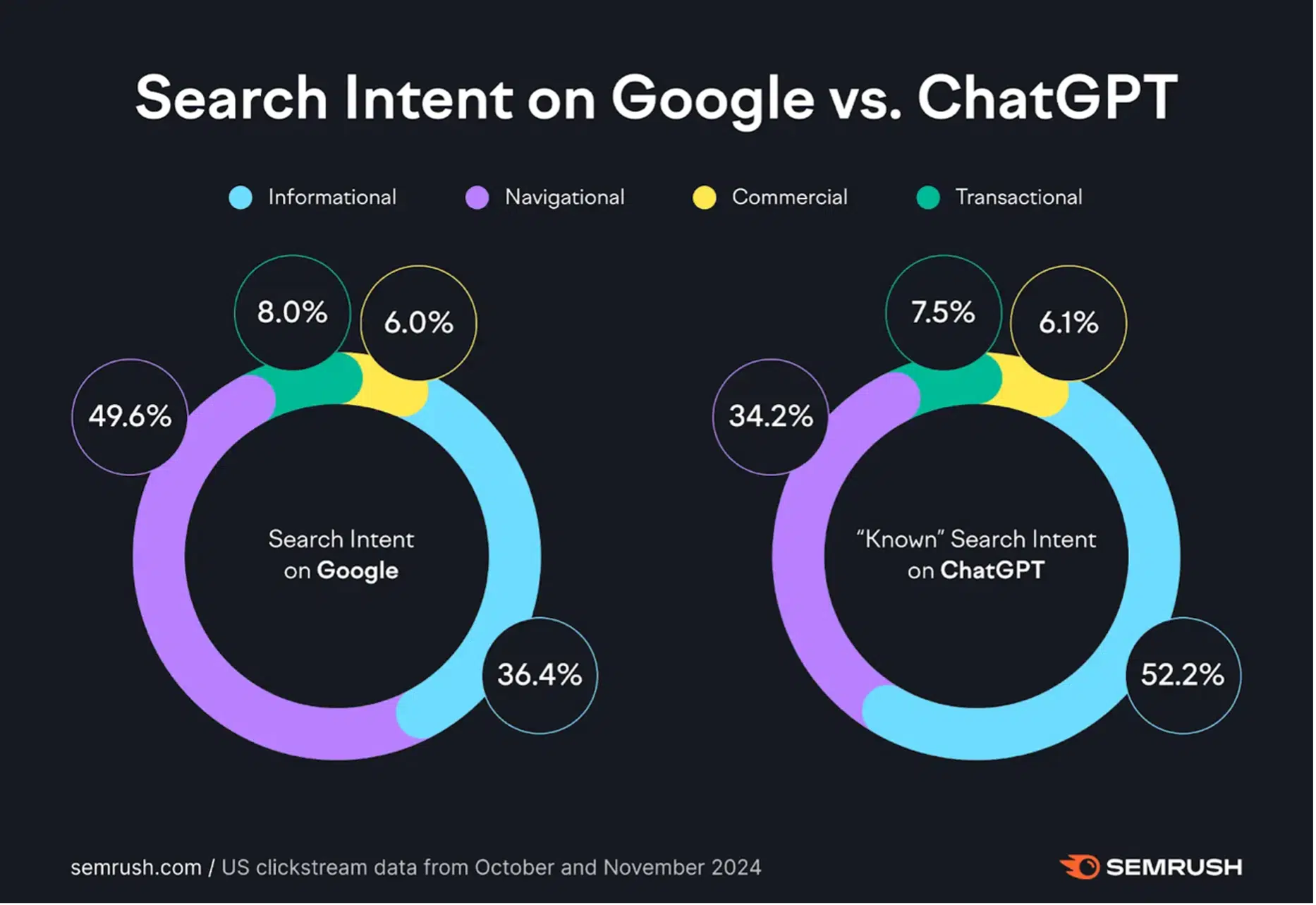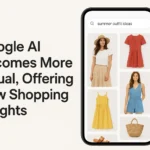Even in the age of rapidly evolving artificial intelligence, data reveals that Google remains the bedrock of online search. According to recent statistics from SimilarWeb, a striking 95.3% of ChatGPT users also visited Google in the same month, while only 14.3% of Google users visited ChatGPT. This striking duality underlines an essential truth: ChatGPT has not replaced Google—it complements it.
The Numbers Tell the Story
-
95.3% of ChatGPT users visit Google: This overwhelming figure underscores how often users still turn to Google, even after using an advanced AI chatbot.
-
14.3% of Google users visit ChatGPT: A much smaller crossover suggests that AI-assisted search remains niche relative to traditional search users.
Complement, Not Replacement
Research supports the idea that ChatGPT isn’t cannibalizing Google’s traffic—it’s broadening how people search:
-
A detailed analysis of clickstream data shows that Google search usage remains stable—or even slightly increases—after users adopt ChatGPT.
-
This aligns with the “expansion hypothesis,” where users treat ChatGPT as an additional tool rather than a substitute.
Why Users Turn to Both Platforms
There are several reasons why users rely on both:
-
ChatGPT’s conversational clarity: It offers streamlined, human-like replies—useful for tasks like drafting text, summarizing, or brainstorming.
-
Google’s breadth and freshness: Essential for finding sources, verifying details, and exploring a variety of perspectives.
-
Trust and familiarity: Decades of experience make Google feel reliable, especially when corroborating information from AI.
The Hidden Dependency: ChatGPT on Google
Interestingly, ChatGPT relies on Google behind the scenes. It pulls real-time search results via a third-party tool called SerpApi, extracting Google’s snippets to supplement its outputs. This reveals a deeper technical dependence and highlights that ChatGPT isn’t yet fully self-sufficient in delivering up-to-date search data.
What It Means for Marketers and Content Creators
Understanding this dynamic is key for digital strategy:
-
SEO still matters: Google remains a foundational traffic driver—so investing in SEO is essential.
-
AI SEO is emerging: Crafting content optimized for AI platforms like ChatGPT can open new discovery pathways.
-
Multi-modal user journeys: Audiences are increasingly fluid, toggling between AI chatbots and traditional search based on context and intent.
-
Content needs versatility: Beyond traditional SEO, content might need to be structured, concise, and logical—suiting both AI summarization and search visibility.
Broader Context: An Industry in Flux
-
AI-driven search is rising: A recent survey shows 55% of people in the U.S. now use tools like ChatGPT or Gemini over search engines for tasks like planning, troubleshooting, or gift-finding.
-
Google is responding: It’s developing AI Mode as a default in search, blending conversational AI (Gemini) with live data to deliver direct answers with less emphasis on clicking through to websites.
-
The core struggle: Publishers are facing dwindling referral traffic, with Google’s AI Overviews sometimes reducing click-through by summarizing content in the results themselves.
Conclusion
The data is clear: ChatGPT hasn’t dethroned Google—it enhances the digital search ecosystem. Users employ both tools for their complementary strengths: ChatGPT for streamlined conversation, creativity, and efficiency; Google for source layering, exploration, and verification.
For businesses and content strategists, the takeaway is to invest in both SEO and AI-friendly content strategies. The future lies in integration—leveraging the conversational power of AI while maintaining visibility through proven search channels.





